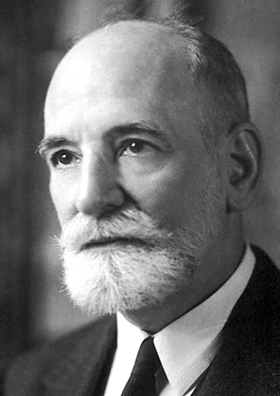Why was René Cassin Awarded the Nobel Prize for Peace in 1968?
Recognizing René Cassin's Outstanding Contributions to Peace and Human Dignity
René Cassin: Champion of Human Rights and Nobel Peace Prize Laureate
René Cassin, a distinguished French jurist and human rights advocate, was honored with the Nobel Peace Prize in 1968 for his invaluable contributions to the development and promotion of international human rights principles. His tireless efforts to establish a framework for safeguarding fundamental rights and dignity earned him this prestigious recognition.
 Key Factors Leading to René Cassin’s Nobel Peace Prize Win
Key Factors Leading to René Cassin’s Nobel Peace Prize Win
1. Drafting the Universal Declaration of Human Rights
One of Cassin’s most significant achievements was his pivotal role in drafting the Universal Declaration of Human Rights, adopted by the United Nations General Assembly in 1948. He played a crucial part in shaping this foundational document that enshrines the rights and freedoms inherent to all individuals.
2. Advocacy for Human Dignity
Throughout his career, Cassin consistently emphasized the importance of human dignity and equality. His dedication to the notion that every individual deserves respect, regardless of their background, aligned with the Nobel Committee’s mission of promoting peace and cooperation among nations.
3. Influence on International Law
Cassin’s expertise in international law greatly contributed to the establishment of human rights as a cornerstone of international legal frameworks. His work laid the groundwork for subsequent treaties and conventions that reinforced the protection of human rights.
4. Commitment to Post-War Reconciliation
In the aftermath of World War II, Cassin strived to foster understanding and reconciliation among nations. His dedication to preventing future conflicts by promoting a world built on justice and human rights echoed the Nobel Committee’s goal of eliminating causes of strife.
5. Humanitarian Values
Cassin’s unwavering commitment to humanitarian values and the welfare of all individuals resonated with the Nobel Committee’s criteria for the Peace Prize. His life’s work exemplified the spirit of international cooperation and solidarity that the prize seeks to encourage.
6. Legacy of Human Rights Advocacy
The impact of Cassin’s work extended far beyond his lifetime. His contributions continue to influence global discussions on human rights and have served as a foundation for subsequent efforts to protect and uphold individual freedoms.
In recognition of his exceptional dedication to the advancement of human rights, international law, and the promotion of peace through justice and equality, René Cassin was rightfully awarded the Nobel Peace Prize in 1968. His legacy serves as an enduring reminder of the importance of upholding the rights and dignity of every individual, irrespective of their background or circumstances.




